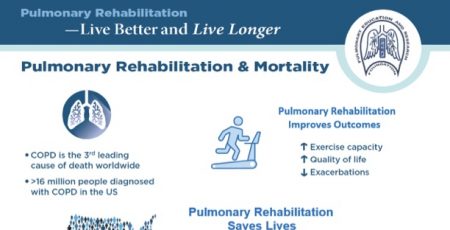08 Dec Two Therapies For Other Diseases May Help Pulmonary Hypertension
Recent research on two drugs, one used for an eye disease and the other being tested as a potential cancer treatment, has led to the unintended discovery that they might help in treating pulmonary hypertension (PH, high pressure in the blood vessels leading to the lung). Pulmonary hypertension is a common complication of chronic obstructive pulmonary disease (COPD). A cascading sequence of events in cell function led researchers to the discovery that the drugs might help to treat PH. First in the sequence is the stiffening and hardening of lung arteries, which causes PH. Second, when the arteries stiffen and harden, they trigger the activation of two signaling molecules called YAP and TAZ. These molecules then activate a protein called GLS1, which affects energy production and energy usage in the cells of lung vessels.
The link between vessel hardening and energy metabolism was previously unknown, and this link is a crucial piece of information in understanding and ultimately treating PH, said Dr. Stephen Y. Chan, director of the University of Pittsburgh Medical Center for Pulmonary Vascular Biology and Medicine at the Vascular Medicine Institute at Pittsburgh. Dr. Chan led the team of researchers that made the discovery.
The two drugs are verteporfin, which inhibits YAP, and another compound called CB-839, which inhibits GLS1. When both compounds were used in a mouse model of PH, it was found that they strongly improved PH in the test subjects. Verteporfin is already approved by the U.S. Food and Drug Administration (FDA) to treat macular degeneration. The second drug, CB-839, is currently in clinical trials as a potential cancer treatment.
The good news is that not only might these drugs prove to be useful treatments for PH, but they might get on the market sooner than other drugs under study because of the approval of verteporfin and the research that’s already been conducted on CB-839.
Information for this article was obtained from Lung Disease News.





No Comments